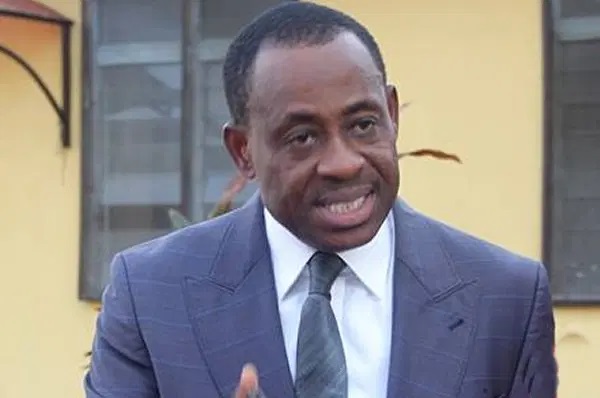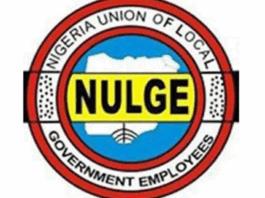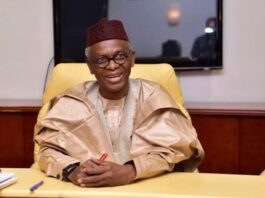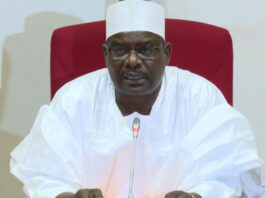After Six Years, Court Clears First Nation CEO, Odukoya of Fraud Allegations
CHIGOZIE AMADI
After six years of standing trial, the Chief Executive Officer of First Nation Airways Limited, Mr. Kayode Odukoya, has been discharged and acquitted of all fraud-related charges by the Lagos State Special Offences High Court.
Delivering judgment, Justice Mojisola Dada held that the EFCC failed to prove its case beyond reasonable doubt, noting the prosecution’s evidence, including a disputed “Memorandum of Loss” was riddled with inconsistencies.
The court declared that the case “collapsed like a pack of cards,” dismissing all counts against Odukoya and his company.
The trial judge described the EFCC’s case as having “collapsed like a pack of cards” due to unreliable and inadmissible evidence.
Odukoya was arraigned alongside First Nation Airways on allegations of fraud, forgery, stealing, and using a falsified document, charges he consistently denied.
The prosecution’s case largely hinged on a disputed “Memorandum of Loss of Certificate of Occupancy” allegedly used to obtain credit facilities.
Justice Dada held that the EFCC did not present sufficient evidence to substantiate the allegations.
She observed that the purported document relied upon by the commission was not properly certified, lacked proof of receipt by any bank, and contained only photocopies without authentication.
“The totality of the prosecution’s case rests on quicksand,” the judge declared, concluding that the defendants were entitled to an acquittal.
Reacting in a statement, First Nation Airways accused the EFCC of weaponising a commercial disagreement with Polaris Bank into a criminal trial.
The airline described the case as “a misuse of regulatory power,” alleging that the bank instigated a malicious petition to the anti-graft agency after inflating the company’s loan book.
It noted that a forensic audit by a Big Four accounting firm, jointly appointed with Polaris Bank, had vindicated its position.
“The EFCC diverted from its mandate of investigating genuine economic crimes and escalated a contractual dispute into a sensational criminal trial,” the company said.
“This episode is a stark reminder of the dangers of conflating civil disputes with criminal conduct.”
Odukoya further lamented the reputational damage caused by what he termed an “intense media trial,” stressing that the EFCC had yet to update its website months after the acquittal.
“For years we were portrayed in a narrative that undermined our professional integrity. This judgment confirms there was never a basis for the allegations,” he stated.
Calling for reforms, the airline urged the Attorney-General of the Federation, regulators, and industry stakeholders to ensure that civil disputes are not criminalised in the future.
“True accountability requires distinguishing between genuine criminal behaviour and contractual disagreements,” it added.








